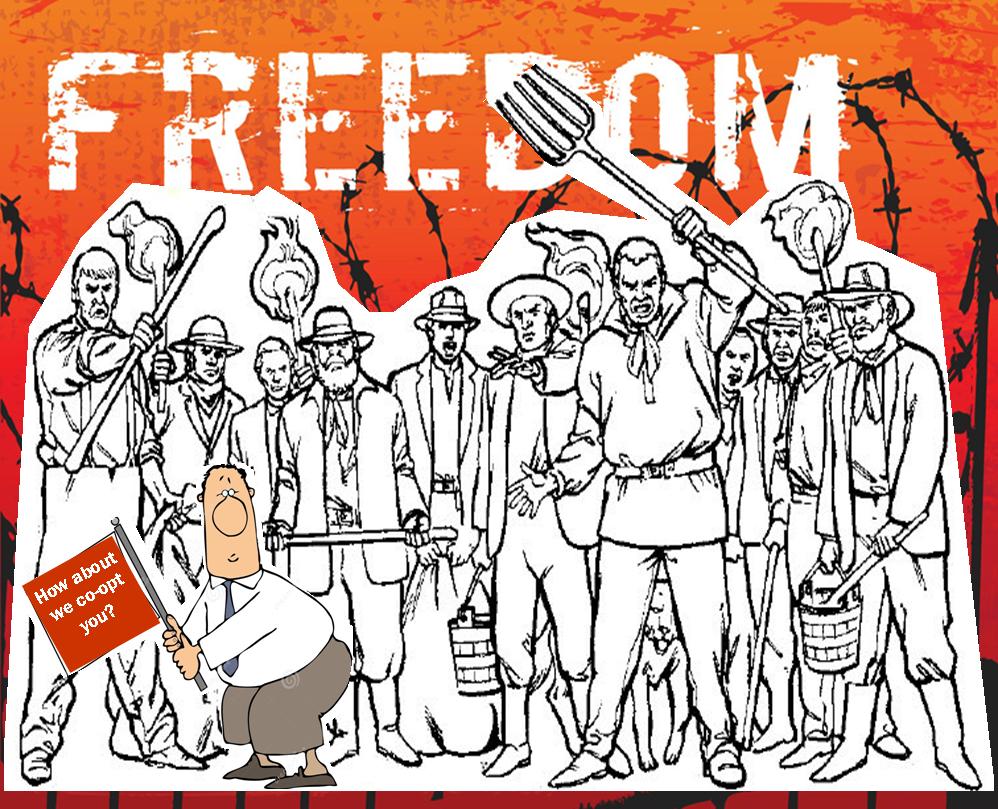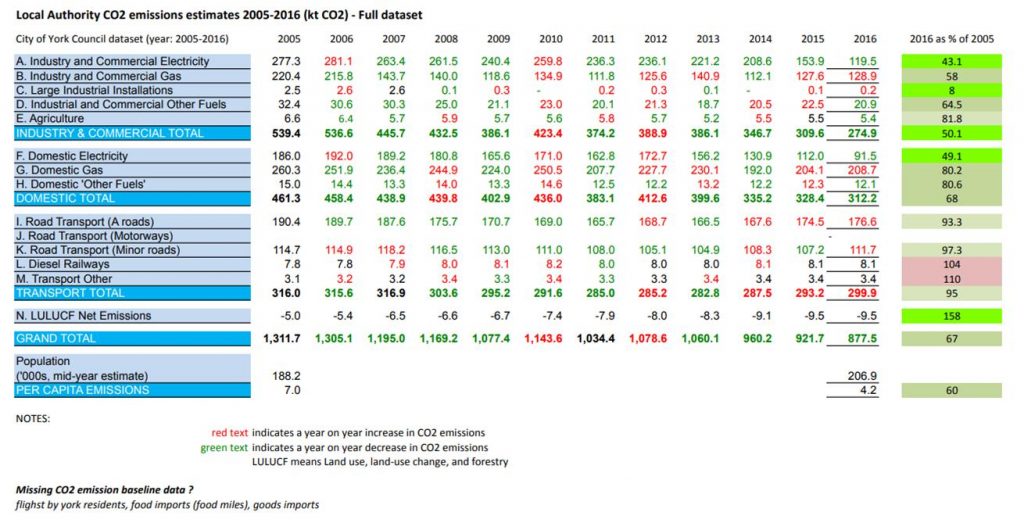
Something of a furore has been caused on social media by a proposal to co-opt members of “Extinction Rebellion” onto the York Councils climate change scrutiny committee.
Although “Extinction Rebellion” is an unincorporated organisation, with little in the way of governance structure, it is easy to see why they would have an interest in a Climate Change committee.
What is irking some people is the way that the co option proposal has come forward.
Co opted members of Council Committees do not have a vote. They are free to make their points on a level playing field with elected representatives. Policy decisions rest with either Executive members or the Councils Executive itself.
A committee can however provide a powerful platform on which to express views.
Usually a committee thinking of co opting “experts” will consider a job description. They will identify gaps in the committees knowledge. They may want to correct an obvious psephological or geographical imbalance. They will certainly list the skill and qualification areas expected of any co optee.
The committee in this case doesn’t seem to have done any of that.
Instead a paternalistic approach has been adopted by the chair of the committee, who rather arrogantly, has listed the names of 4 people potential co-optees that most will not have heard of, and who have not been subjected to the test of an election (even by their peers)
That is paternalism.
There are other well established environmental organisations in the City with a claim to representation (Friends of the Earth, Greenpeace etc.) They don’t even merit a mention in the report.
The Climate Change committee has struggled so far to find an identity.
6 months after its inception it has yet to define a base line statistical position on carbon emissions. It seems unclear whether it is trying to make the City, or just the Council, carbon neutral by 2030.

It has the levers to do the latter but not the former without major central government intervention.
It should stop posturing and come up with some practical proposals for behaviour change, or investment priorities, that everyone in the City can relate to.
